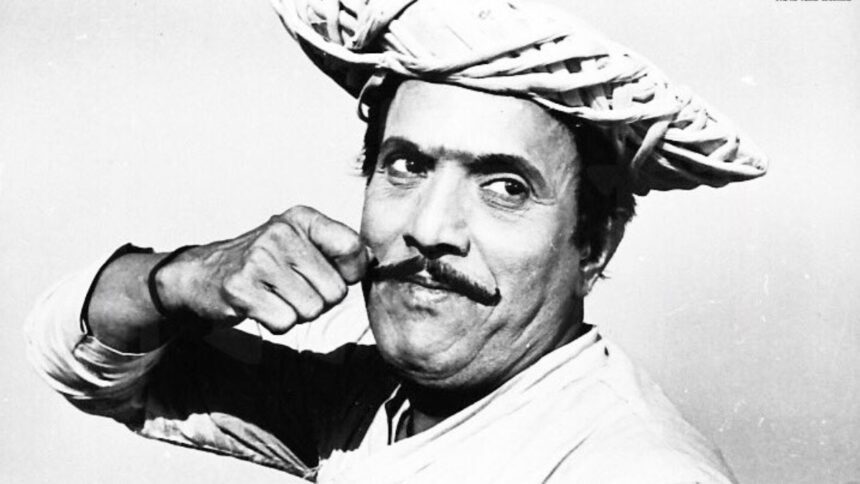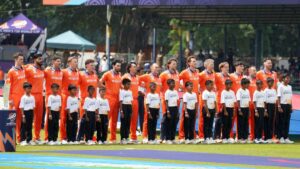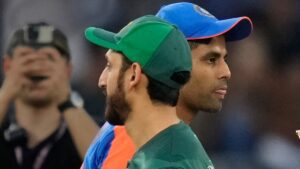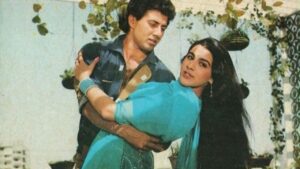New Delhi: Bollywood icons Rajesh Khanna and Mohanlal are renowned for their blockbuster films that often dominate the box office for weeks. However, there exists another superstar whose nine films have consistently graced theaters for a remarkable 25 weeks. This individual not only ruled the Indian box office multiple times but also earned a place in the Guinness Book of World Records. This superstar is none other than Dada Kondke, widely regarded as the uncrowned king of Marathi cinema.
Dada Kondke, born Krishna Kondke on August 8, 1932, into a modest Konkan family in Lalbaug, Mumbai, became famous for his comedic timing and double-meaning dialogues. Growing up in a chawl in Naigaon significantly influenced his artistic persona. Due to financial constraints, he began his career in the workforce at Apna Bazaar before taking his first steps into the arts by joining the Seva Dal band.
Kondke launched his film career in 1969 with Bhalji Pendharkar’s “Tambdi Maati.” He became a household name two years later with “Songadya,” where his portrayal of the character ‘Namya’ captured the audience’s hearts due to its simplicity and humor.
Following his rise to prominence, Kondke featured in several successful films, including “Pandu Havaldar,” “Andhala Marto Dola,” “Ram Ram Gangaram,” and “Bot Lavin Tithe Gudgulya,” solidifying his status as a leading figure in Marathi cinema. His achievement of having nine films run for 25 weeks in theaters earned him a prestigious listing in the Guinness Book of World Records.
Kondke’s films are characterized by their double-meaning dialogues and attention-grabbing titles such as “Andheri Raat Mein,” “Diya Tere Haath Mein,” and “Khol De Meri Jubaan,” which frequently presented challenges for the censor board. Nevertheless, his ingenuity and political connections often safeguarded his films from bans.
In addition to his work in Marathi cinema, Kondke also produced films in Hindi and Gujarati through his production company, Kamakshi Productions, collaborating with notable actors including Usha Chavan, Mahendra Kapoor, and Ram-Lakshman.










